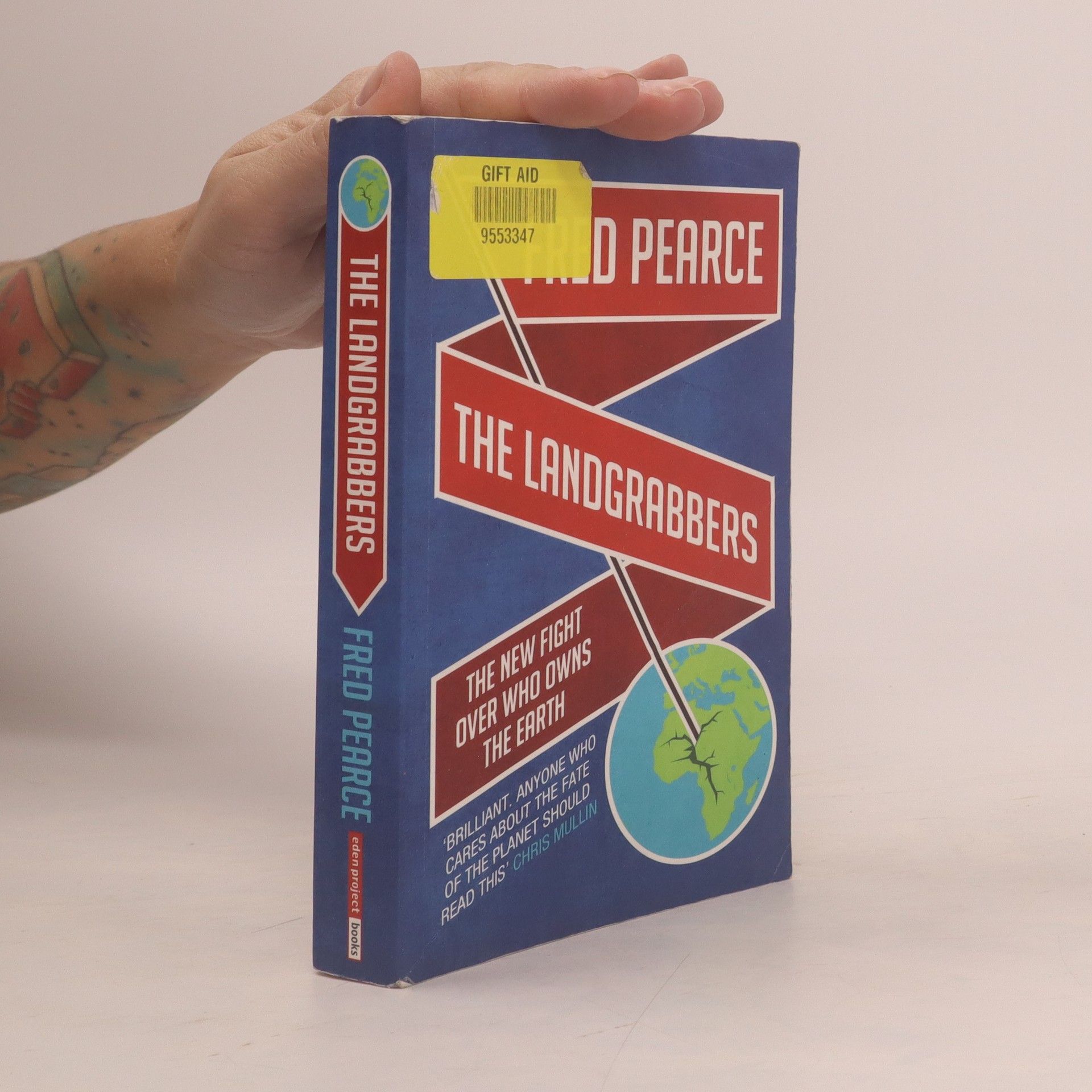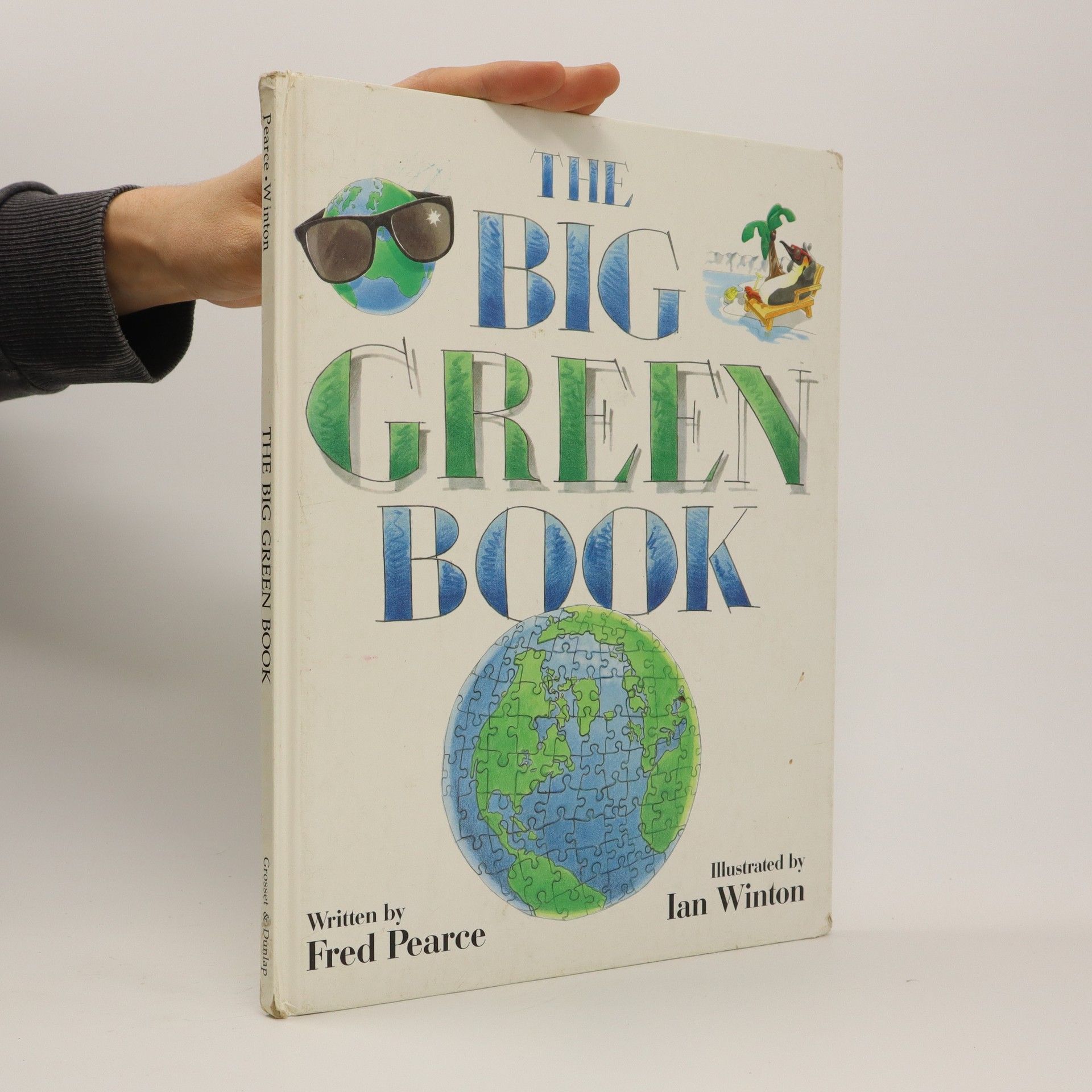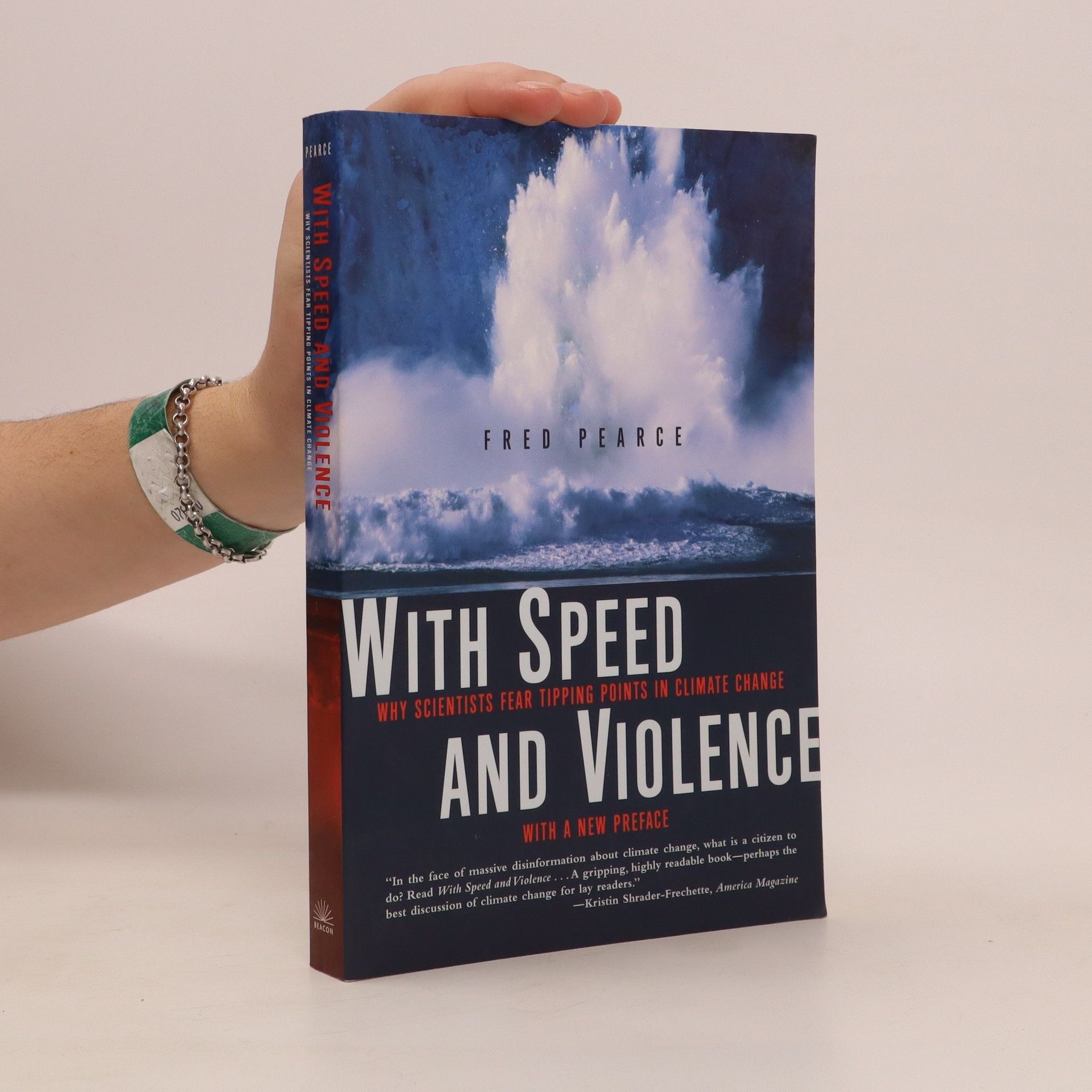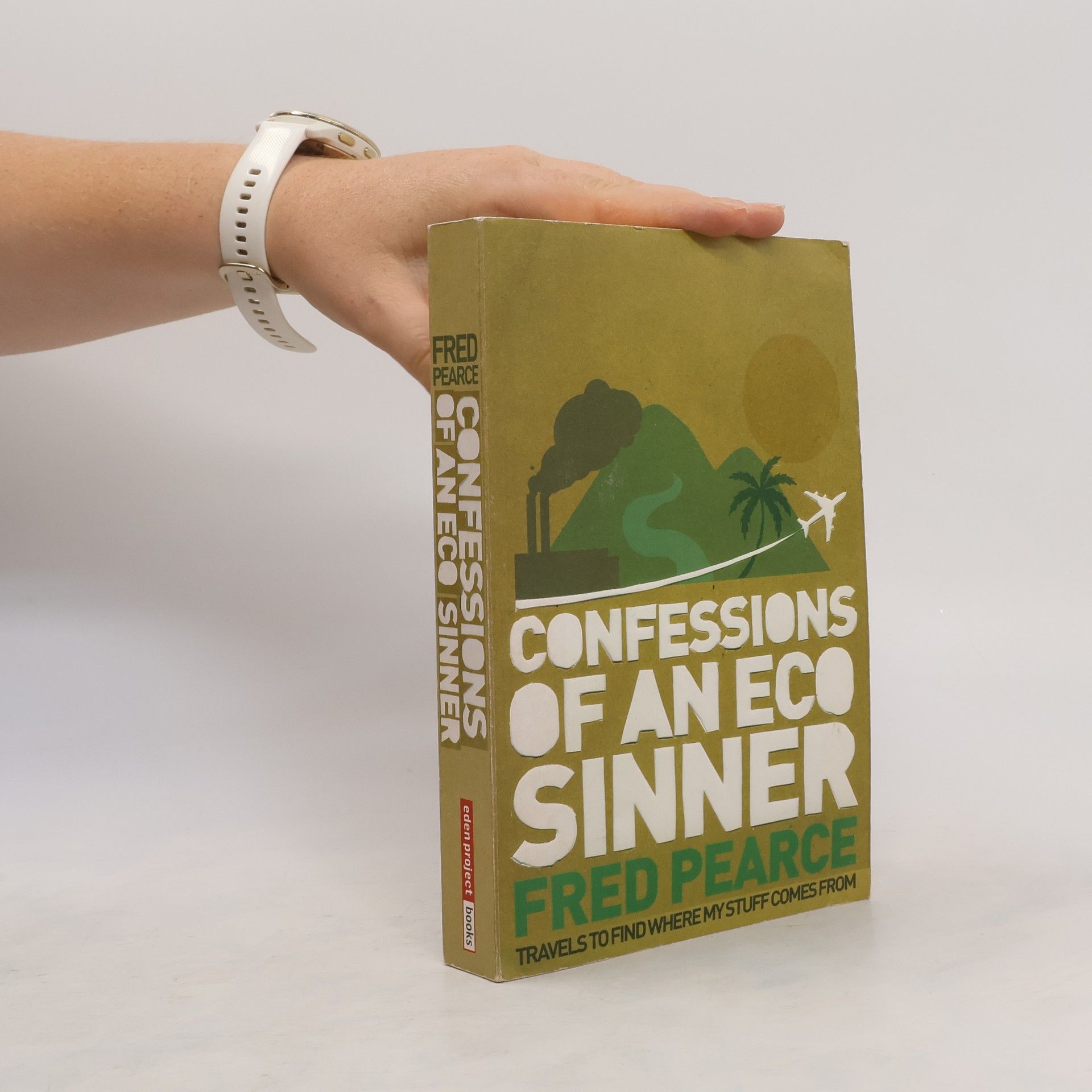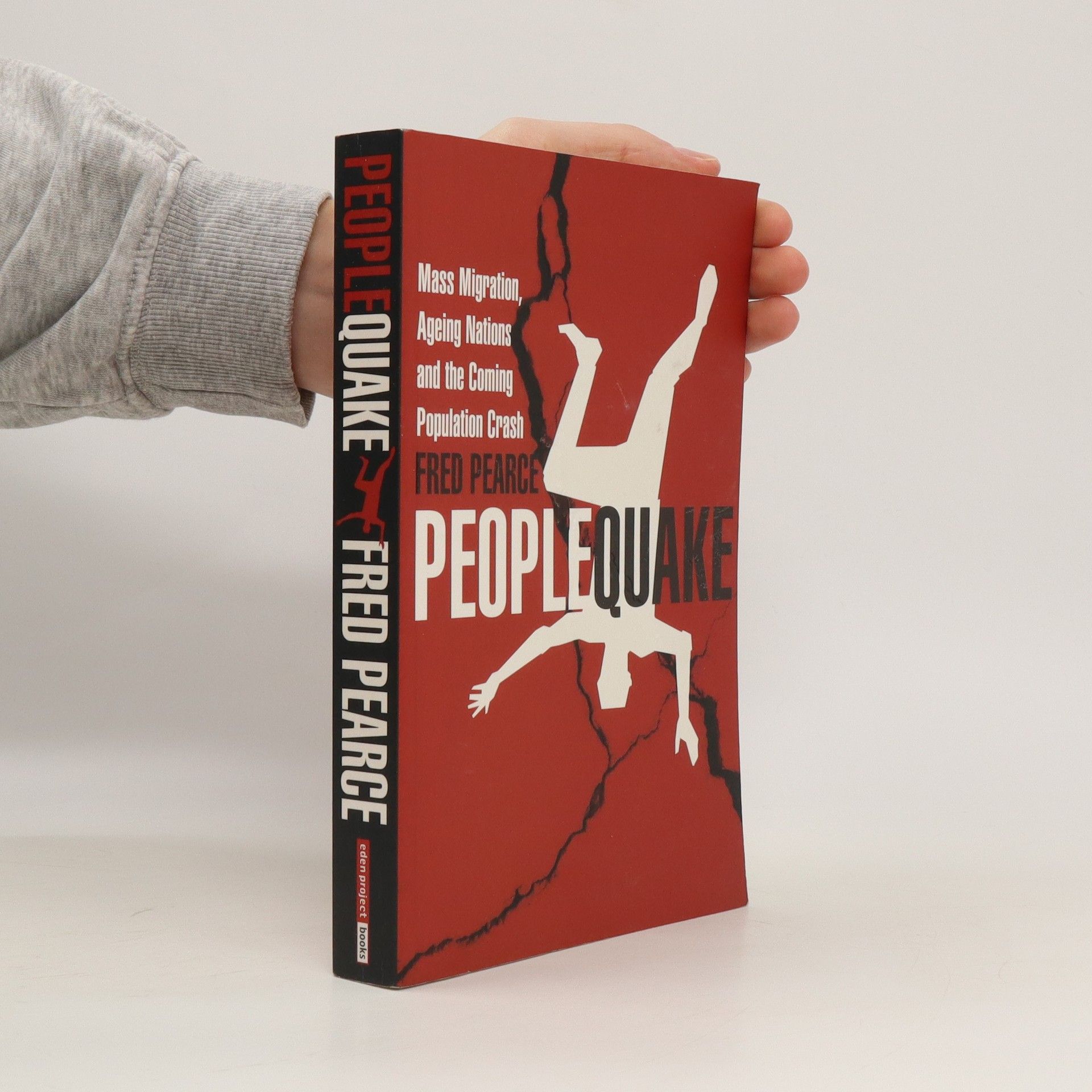With speed and violence. Why scientists fear tipping points in climate change.
- 304pages
- 11 heures de lecture
How environmental "tipping points" may affect the speed of future climate change Fred Pearce has been writing about climate change for nineteen years, and the more he learns, the worse things look. As Pearce began researching this book, numerous scientists sought him out to recount their findings and fears: where once they were concerned about gradual climate change, many now worry that we will soon be experiencing abrupt change resulting from triggering tipping points. With Speed and Violence is the most up-to-date and readable book yet about the constantly accumulating evidence for global warming and the large climatic effects it may unleash. "Well-documented and terrifying review of the scientific evidence supporting claims that Earth teeters on the edge of a climatic precipice . . . Important reading for policymakers, climate-change skeptics and anyone planning a future beyond the next decade." Kirkus Reviews, starred review "[Pearce's] grasp of [scientists'] work is exceptional. What's more, he has a talent for explaining science in terms understandable to the nonscientist . . . This enjoyable read was difficult to put down." Library Journal, starred review


